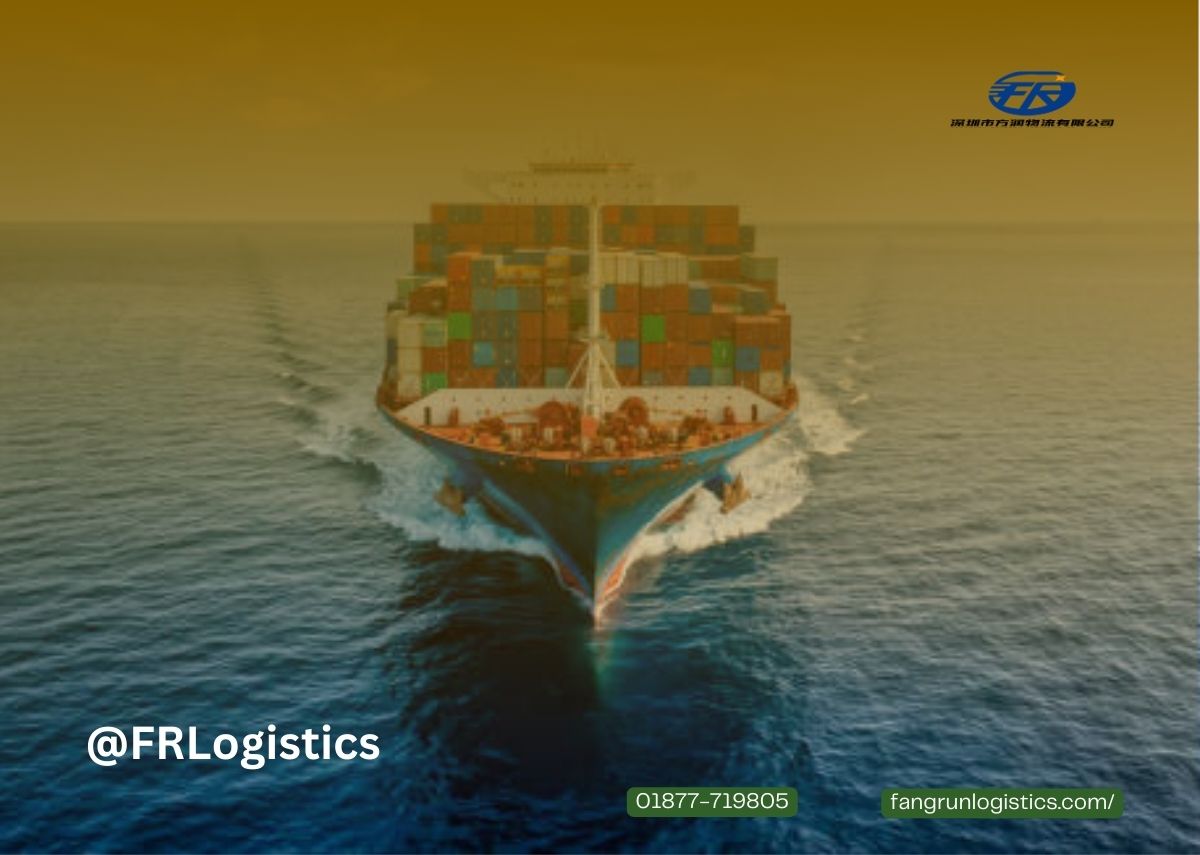Ocean shipping, a fundamental component of global commerce, has a rich history and a multifaceted present. From the advent of containerization to the challenges posed by environmental concerns, this article explores the intricate world of ocean shipping.
Join us on a journey through the seas, as we uncover the key players, technological advancements, challenges, and future trends shaping this vital industry.
Introduction
Ocean shipping, often called maritime transport, is the backbone of international trade. It involves the movement of goods across the oceans through various types of vessels. Understanding its historical significance and current global importance sets the stage for delving deeper into this expansive subject.
Types of Ocean Shipping
Container Shipping
In the container shipping sector, standard containers, and reefer containers play pivotal roles. The standard containers provide a universal and efficient means of transporting diverse goods, while reefer containers cater to the specific needs of temperature-sensitive cargo.
Bulk Shipping
Bulk shipping encompasses the transport of large quantities of homogeneous cargo. Dry bulk involves goods like coal and grains, while liquid bulk deals with liquids such as oil and chemicals.
Roll-on/Roll-off (Ro-Ro) Shipping
Designed for vehicles and heavy machinery, Ro-Ro shipping simplifies the loading and unloading process, making it more efficient for certain types of cargo.
Key Players in the Industry
Major Container Shipping Industry like Maersk Line and Mediterranean Shipping Company (MSC) dominate the ocean shipping landscape. Additionally, strategic alliances such as the Ocean Alliance and THE Alliance contribute to the industry’s efficiency and competitiveness.
Maritime Routes
Understanding the busiest maritime routes, such as Asia to North America and Europe to Asia, provides insights into the global flow of goods. The strategic importance of key routes, like the Suez Canal and Panama Canal, further influences shipping dynamics.
Containerization Revolution
The evolution of containerization, pioneered by Malcolm McLean, has revolutionized global trade. Standardized containers have become the backbone of efficient and secure cargo transport.
Technology in Ocean Shipping
Global Positioning System (GPS) tracking ensures precise location monitoring, enhancing navigation and security for vessels.
Ports are increasingly adopting automation, streamlining processes, and minimizing human errors in loading and unloading operations.
Acknowledging the environmental impact of shipping, the industry is embracing initiatives such as using eco-friendly fuels and adopting sustainable ship designs.
Challenges in Ocean Shipping
Piracy remains a persistent threat in certain regions, posing challenges to the safety of both cargo and crew.
The ecological footprint of shipping, from emissions to oil spills, requires proactive measures to minimize harm and promote sustainability.
Global trade dynamics, including restrictions and tariffs, impact shipping routes and volumes, necessitating adaptability in the face of geopolitical shifts.
Future Trends
Sustainable fuel alternatives and eco-friendly ship designs are shaping the future of shipping, driven by the imperative to reduce the industry’s environmental impact.
Blockchain technology is making inroads into supply chain management, enhancing transparency and security, while artificial intelligence applications optimize various aspects of shipping operations.
Impact of COVID-19 on Ocean Shipping
The COVID-19 pandemic disrupted global supply chains, affecting shipping schedules, demand patterns, and overall logistics.
Shifts in consumer behavior, driven by the pandemic, have influenced the types and volumes of goods transported, impacting the entire Container Shipping Industry ecosystem.
The challenges posed by the pandemic underscored the resilience of the shipping industry, prompting innovative solutions and adaptability to new circumstances.
Regulatory Framework
The IMO sets global standards for the safety, security, and environmental performance of international shipping, ensuring a coordinated and regulated industry.
Stringent regulations govern various aspects of shipping, from vessel safety to crew welfare, emphasizing the importance of compliance.
Case Studies
Examining incidents such as the Ever Given blockage in the Suez Canal and the Exxon Valdez oil spill provides valuable lessons on the potential impact of accidents on global shipping.
Economics of Ocean Shipping
Shipping costs involve a complex interplay of fuel prices, labor, and maintenance expenses, influencing the economic viability of transporting goods by sea.
The success and efficiency of ocean shipping directly impact the economies of nations, influencing trade balances and economic growth.
Advancements in Container Security
Security in container shipping relies on advanced technologies, including electronic seals and tracking systems, to ensure the integrity of cargo during transit.
Artificial intelligence is increasingly employed to analyze data and identify potential security threats, contributing to the overall safety of shipments.
The Human Element in Ocean Shipping
The intricate ballet of roles on a container ship involves the captain and crew working alongside specialized personnel to ensure a smooth voyage.
From engineers to navigators, the expertise of onboard specialists is crucial for addressing technical challenges and ensuring the safety of the vessel.
Sustainable Practices
The industry is exploring alternatives such as biodegradable packaging materials to reduce its ecological footprint.
Recognizing their responsibility, shipping companies are increasingly involved in initiatives aimed at cleaning and preserving the oceans.
Cultural Influences on Shipping
Centuries-old maritime traditions persist, influencing the daily lives and practices of those involved in ocean shipping.
The presence of shipping profoundly impacts local cultures, influencing traditions, cuisine, and even language in port cities.
Notable Achievements in Ocean Shipping
Advancements in ship design have led to record-breaking vessel sizes, enhancing the efficiency and capacity of ocean shipping.
Historical achievements like the fastest transatlantic crossings showcase the continuous pursuit of efficiency and speed in shipping.
Education and Training in the Industry
Specialized education institutions cater to the training needs of aspiring maritime professionals, providing the skills required for a career in ocean shipping.
Continuous learning and skill development are encouraged through specialized courses catering to the evolving needs of Container Shipping Industry professionals.
The Role of Insurance in Ocean Shipping
Types of Marine Insurance Insurance play a vital role in mitigating risks, with hull insurance and cargo insurance offering protection against various potential liabilities.
Conclusion
Ocean shipping is a dynamic and ever-evolving ecosystem. From the historic roots of seafaring to the cutting-edge technologies shaping the industry today, the journey of goods across the oceans is a complex dance involving players from various sectors. As we look to the future, sustainability, innovation, and adaptability will remain key themes in navigating the waves of global trade.








